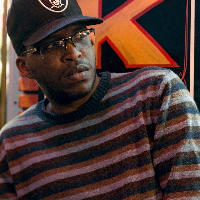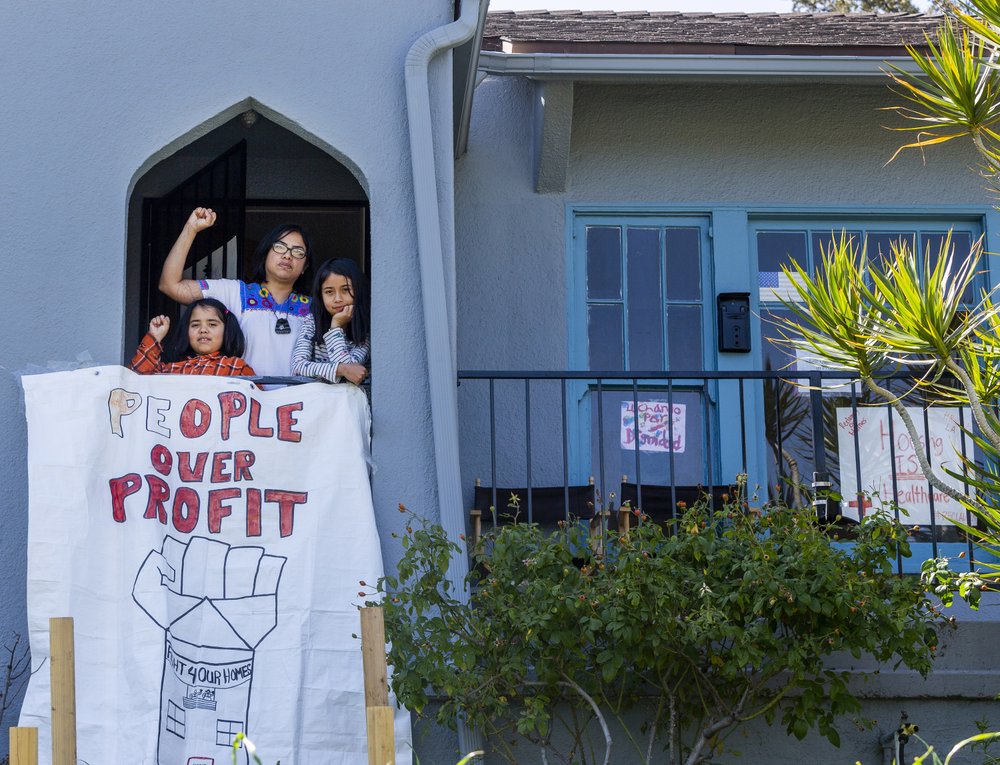Some of my 2020 highlights so far have been: wage cuts all spring (but too little to have been eligible for unemployment benefits), having to cancel a short tour my twin, Roméo, had booked, being stuck in my room more often (which I was shocked to find out was physically possible), and wearing a facemask more times than I’d worn pants. COVID-19 ruined my year more thoroughly than I would’ve ever guessed possible back in January. The only consolation’s that much of the developed world dealt with this torment along with me.
Restrictions hadn’t even been fully lifted across America before we reminded the world of our exceptionalism by reporting over 100,000 new cases of COVID in a single day for the first time in early November,[1] about one month after the second wave of infections began. We broke 200,000 reported new cases in a single day on Black Friday, unsurprisingly — less than a month later — as prospects only look bleaker with winter on the horizon and “herd immunity” unlikely until the third or even fourth quarter of 2021.[2] Some state’s Governors have issued another round of stay-at-home orders after recognizing this, one of whom being California’s Gavin Newsom.[3] While Newsom and his family were quickly able to quarantine at their estate in Fair Oaks — an upscale suburb of Sacramento — after two separate exposures,[4] the lion’s share of his constituents aren’t afforded that same luxury.
Aside from the fact most Californians aren’t able to work from home, roughly 151,000 of them don’t have a home in the first place — a 16% increase from 2019[5] — over 66,000 of which are in Los Angeles County alone — a 12% increase from 2019.[6] As temperatures lower and the virus’s body count rises, it’d only make sense that the most vulnerable of those stuck outside would get themselves inside by any means necessary for their safety. Assuming rent to be too expensive — with the average in LA being $2,524 as of February 2020[7] — and shelters or couch surfing not to be an option for varying reasons, then squatting would seem like the most reasonable decision. That brings us to the topic of this article, but first, some brief background info.
California’s highway system started being planned out in the 1930s,[8] including a portion that would later be known as I-710. Work on its southern stretch began in 1951, so in the 50s and 60s, the California Department of Transportation started buying properties in El Sereno — a neighborhood in Northeast Los Angeles — and in surrounding areas planned to be cleared to make way for the 710’s northern section. The ribbon was cut to open a small segment of its northern stretch in 1965, but protests from residents of the surrounding area prevented a 6.2-mile gap in the freeway from being closed. After multiple decades, a few lawsuits, an environmental review, and numerous other options being rejected, it was decided that the funding that’d been raised to fill in the gap would be put towards regular street improvements instead in 2017[9] and that any references in state law to filling in the gap would be deleted in 2018.[10] Now Caltrans owns properties in and around El Sereno that are currently vacant — some of which having been so for decades — even though plans for this freeway extension were abandoned more than three years ago.
Caltrans owns 460 properties in the El Sereno area, 163 of which sat vacant in 2019,[11] and only 37 being listed as “uninhabitable” in 2015, though that number’s likely to have risen by now. Once an underground tunnel became the last-ditch effort to close the freeway gap in 2015, Caltrans allegedly began preparing to sell more than 400 of those homes, but 72-year-old Roberto Flores — a member of United Caltrans Tenants — claims they’ve been neglecting their properties, saying: “They’re not fixing them, and they’re not renting them.” With California having a shortage of around 1.4 million homes for low-income families, all these issues converged and left this iron glowing red hot.
Enter Reclaim and Rebuild Our Community, a group of Angelenos who’d been living inside their cars, in encampments, or on families couches — some along with their children — due to financial hardship and having no access to affordable housing. Inspired by a similar group in Oakland,[12] RORC seized their first home in El Sereno on March 14th,[13] along with more a few days later,[14] deciding to risk arrest rather than death from this pandemic. I’m unable to find any articles that say precisely when, but apparently, they were kicked out because they decided to return the day before Thanksgiving.
On Wednesday, November 25th, 20 families affiliated with RORC began moving into the El Sereno homes to reclaim them,[15] some families including infants as young as three months old and seniors older than 70. The group set up a GoFundMe page 2 days earlier[16] and sent Governor Newsom a letter seeking his support on the 25th as well, embedding their Youtube video of RORC members reading the letter[17] in the GoFundMe page on the same day. Members finished a news conference around 7 PM, then — mere hours after moving in — California Highway Patrol began raiding the homes to remove them. On Friday, CHP said that 62 people were arrested on Wednesday and Thursday in connection with breaking into the properties and refusing to vacate, all being charged with trespassing and burglary. CHP also said another 41 people were arrested on Thursday evening and charged with unlawful assembly, blocking officers from approaching occupied homes, and deliberately blocking the right of way, all of whom being cited and released.
Councilman Kevin de León — who was elected in March to represent LA’s 14th Council District, which includes El Sereno — posted that his office has worked to secure hotel vouchers and “other rapid rehousing solutions” for those in immediate need while negotiating with the state to secure permanent support for families, saying he reached out to Governor Newsom Friday morning to “highlight the need to restore these remaining properties.”[18] While his effort to help those families in their time of need is commendable, the reality’s that — even if all of them are quickly placed in affordable housing — squatting will still happen since there’ll still be thousands of Californians sleeping in their cars, on couches, or in encampments. Regardless of pandemics, vacant housing, or inclement weather, capitalism will never fully eradicate homelessness because it isn’t profitable to do so.
There are around 31 vacant housing units per homeless person in the United States,[19] with many either being hoarded or left to rot rather than used by those in need. While most would consider this a moral failing, morality has no direct impact on the “viability” of a commodity or service in a market economy. Capitalism is based on “no profit, no production” and “no money, no sale.” Private property itself — being different from personal property — is based on the right to deprive others of its use,[20] regardless, in most cases, of how desperately someone may need it. As long as access to life’s needs is regulated by profitability, there’ll always be those forced to go without them. Only socialism — an economic system based on production for use — can render homeless citizens being forced out of vacant homes a thing of the past.
[3] https://www.nashp.org/governors-prioritize-health-for-all/
[6] https://www.lahsa.org/news?article=726-2020-greater-los-angeles-homeless-count-results
[7] https://www.rentcafe.com/average-rent-market-trends/us/ca/los-angeles/
[8] https://www.latimes.com/local/california/la-me-ln-710-freeway-history-20170524-htmlstory.html
[9] https://www.latimes.com/local/lanow/la-me-ln-710-freeway-20170524-story.html
[10] https://www.latimes.com/local/lanow/la-me-ln-710-fwy-extension-alternative-20181129-story.html
[16] https://www.gofundme.com/f/reclaimandrebuildourcommunity
[17] https://www.youtube.com/watch?v=2Hy3HJTtrHo
[18] https://www.instagram.com/p/CIEcM71AtvM/
[19] https://checkyourfact.com/2019/12/24/fact-check-633000-homeless-million-vacant-homes/
[20] “Private property comes from the root ‘depravare’ – which means ‘deprive’ – because the rich Romans would wall off gardens to deprive the poor of their use. So, really, what private property – where it comes from, in that notion, is … with the enclosure of the commons.” -Derrick Jensen
https://youtu.be/3Ag_4AqEanY?t=68
Originally published at http://www.wspus.org/2020/12/black-wednesday/.


